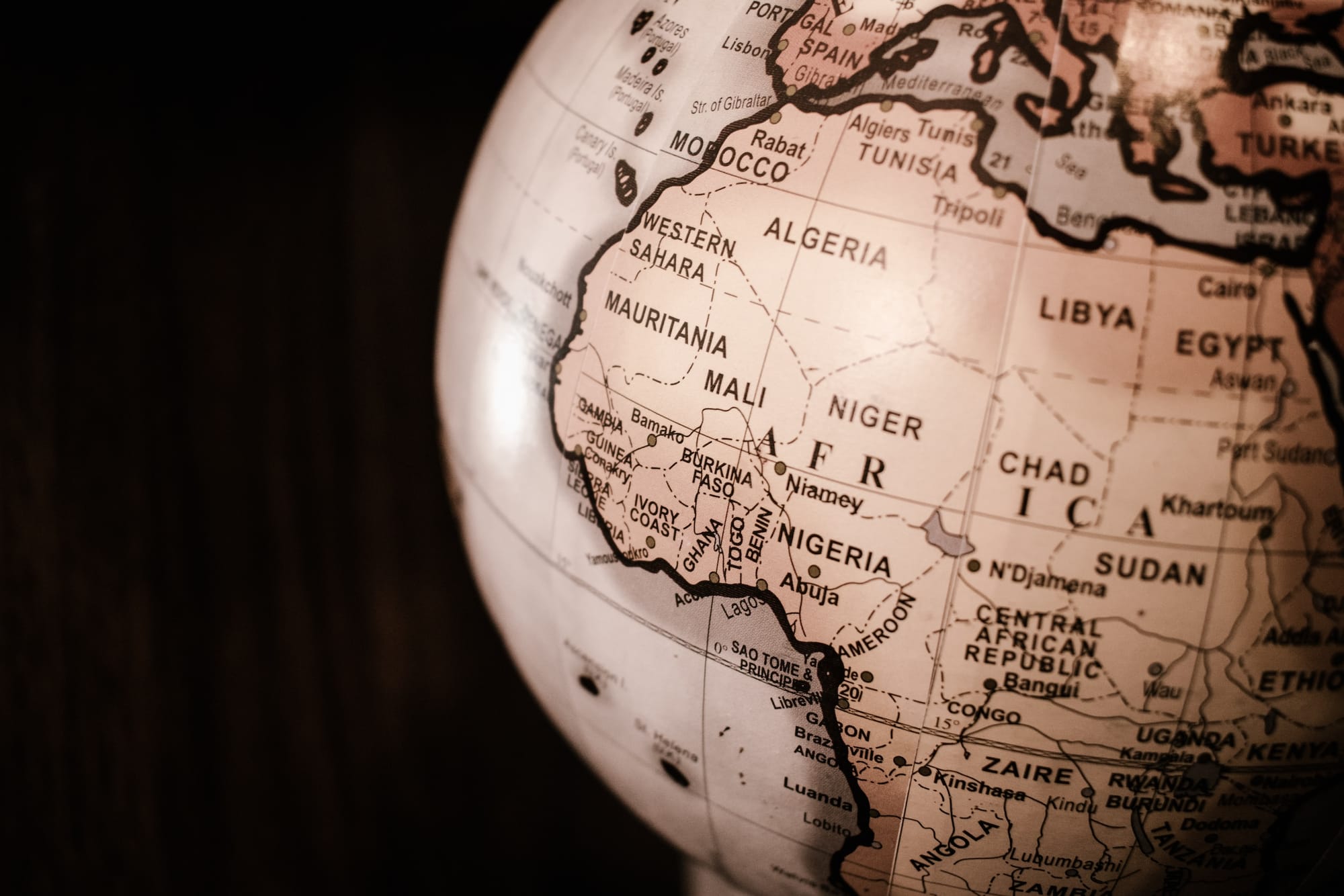Artificial intelligence and research advancement in Africa

Africa as a continent has a long way to go when it comes to the issue of technology, acquisition, development and deployment. In this time marked by the rapid evolution of technologies such as ChatGPT, electric vehicles, and robotics in the global north, the global south and some struggling economies in the northern hemisphere are still merely grappling with the basic human needs: shelter, food, and clothing. This stark disparity is exacerbated by political instability and a lack of accountability among those in power further hinder scientific and technological. Something has to be and done and done urgently if Africa will even begin this race of progressive technological innovation by tapping into their inexpensive components, artificial intelligence and machine learning.
Many African nations, faces a multifaceted challenge in its pursuit of economic development. Political instability, corruption, and the failure of leadership often divert resources away from essential human needs, perpetuating a cycle of poverty and underdevelopment. While the global north accelerates into the future with cutting-edge technologies, there is a pressing need for innovative solutions that can bridge the gap and uplift the economies of the global south. Artificial intelligence (AI) emerges as a transformative force capable of addressing these challenges.

In the context of scientific research, AI technologies have the potential to revolutionize how African nations approach key issues, from healthcare to agriculture and environmental sustainability. One significant application is the optimization of healthcare systems through AI-driven diagnostics and treatment planning. By leveraging machine learning algorithms, medical professionals can enhance disease detection, personalize treatment plans, and improve overall healthcare outcomes, even in resource-constrained environments.
Moreover, AI plays a crucial role in agricultural development, a sector vital to the livelihoods of many African communities. Smart farming techniques, powered by AI, enable precision agriculture, optimizing crop yields, conserving resources, and mitigating the impact of climate change on food production. Through the integration of AI technologies, African nations can enhance their agricultural practices, ensuring food security and contributing to the alleviation of poverty.
In environmental sustainability, AI-driven solutions offer innovative approaches to conservation and resource management. From monitoring biodiversity to predicting natural disasters, AI applications can empower African nations to make informed decisions that protect their ecosystems. This is particularly relevant as climate change poses increasing threats to vulnerable regions, necessitating proactive measures to safeguard the environment and the communities that depend on it.
Furthermore, the adoption of AI in scientific research can catalyze the growth of education and skill development in Africa. As countries invest in AI infrastructure and research facilities, there is an opportunity to cultivate a new generation of scientists, engineers, and technologists. This not only addresses the immediate need for skilled professionals but also positions Africa to actively contribute to the global knowledge economy.
Despite the transformative potential of AI, its successful integration into African economies requires strategic planning, international collaboration, and ethical considerations. Building robust AI ecosystems involves investing in education, infrastructure, and regulatory frameworks that promote responsible AI development. Collaborative efforts between governments, private sector entities, and international organizations are essential to ensure that AI technologies benefit all segments of society and do not exacerbate existing inequalities. The integration of artificial intelligence into scientific research represents a promising avenue for advancing Africa's economic development and addressing longstanding challenges. By harnessing the power of AI in healthcare, agriculture, environmental sustainability, and education, African nations can leapfrog traditional development trajectories and position themselves as global contributors to scientific innovation. However, realizing this potential requires concerted efforts to address political instability, enhance accountability, and foster international collaboration. The journey towards a technologically advanced and economically prosperous Africa begins with recognizing the transformative capabilities of AI and working towards its responsible and inclusive implementation..